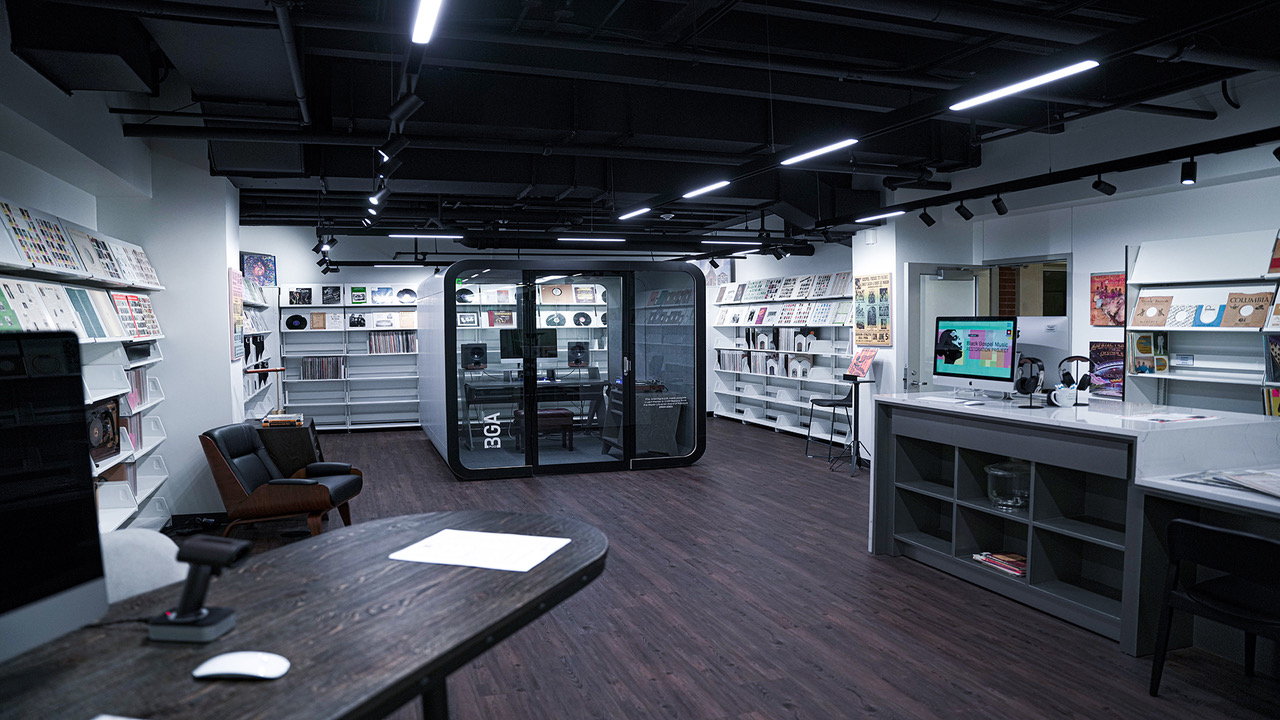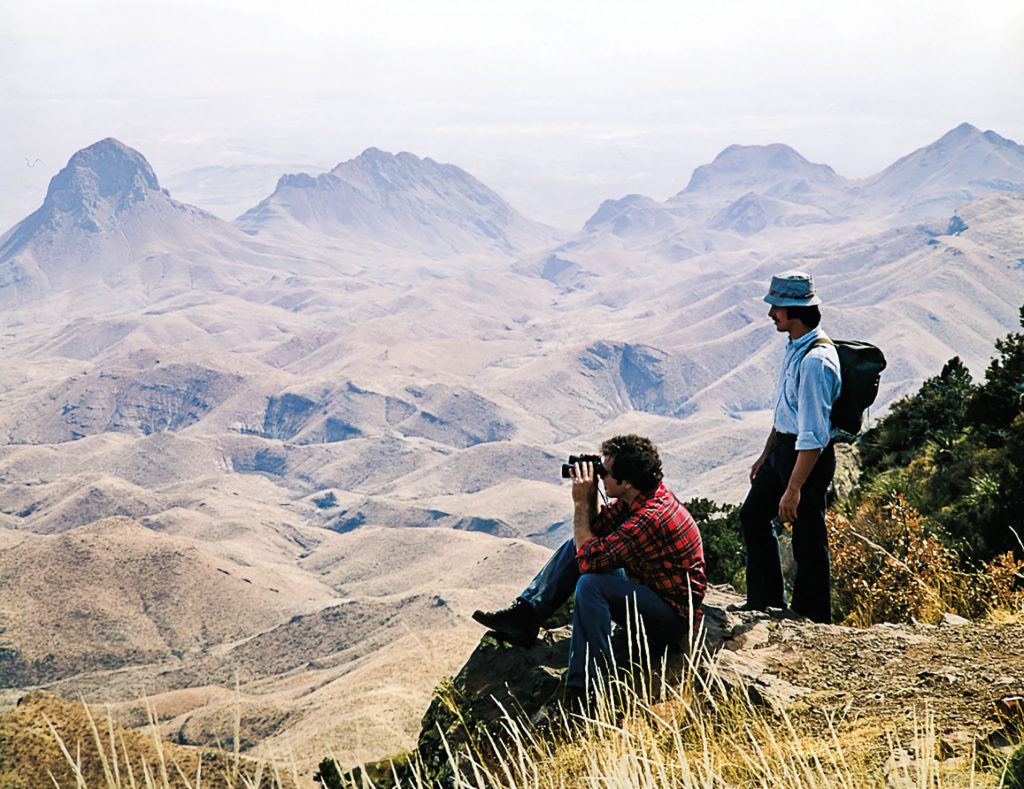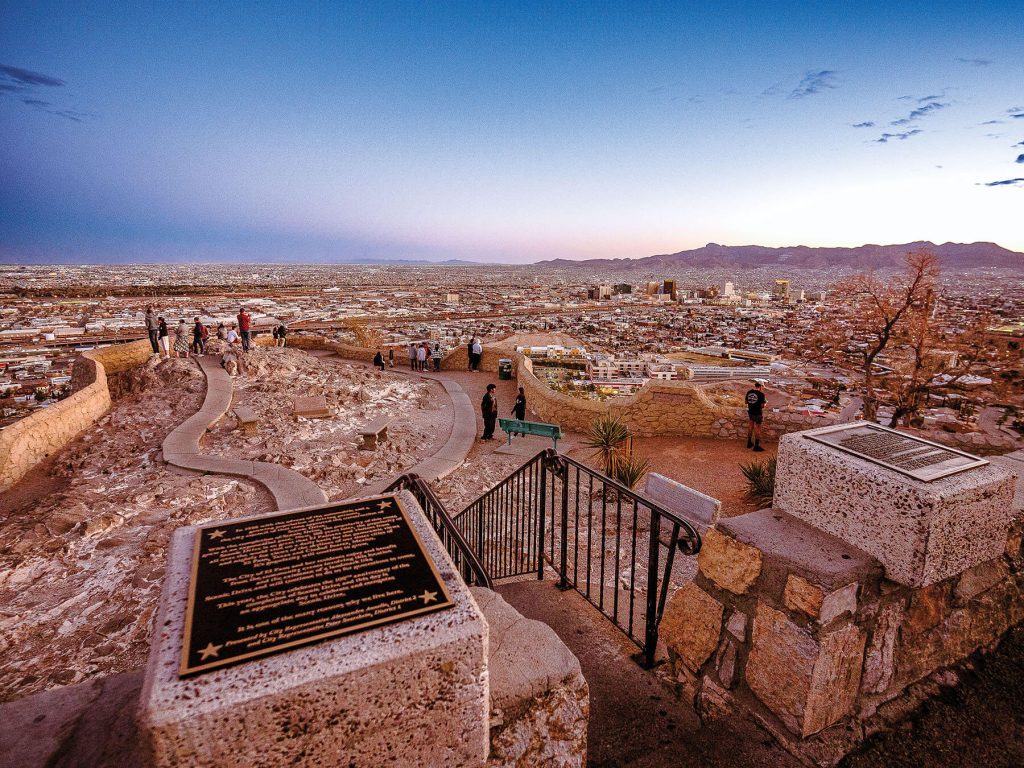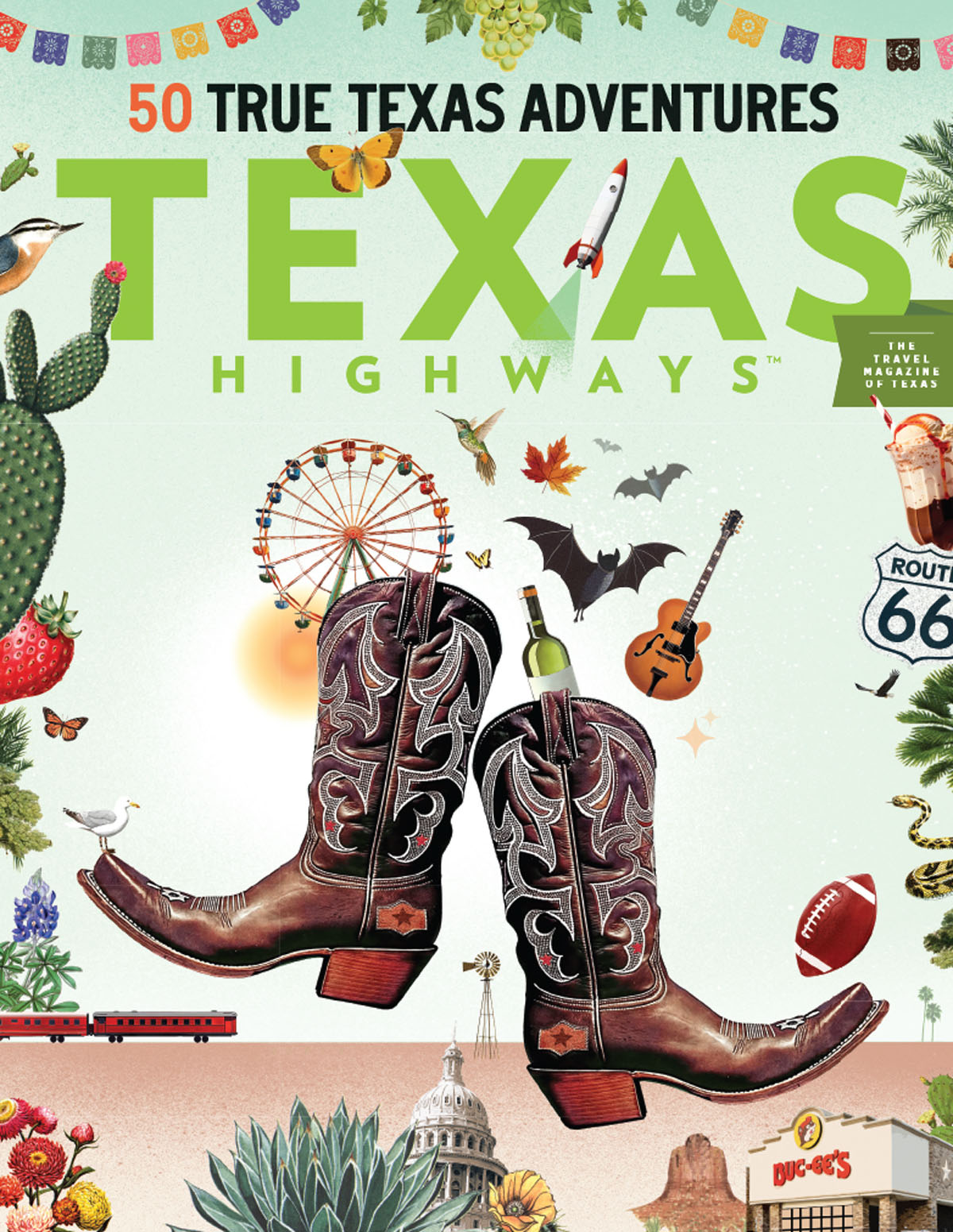
Baylor University opened the Black Gospel Archive and Listening Center at Moody Memorial Library last month. Photo courtesy Baylor Libraries.
When Memphis record producer Jim Dickinson (Big Star, the Replacements) was a lonely freshman at Baylor University in 1959, he spent hours studying in the library every night. But he wasn’t studying for his classes. Wearing headphones, he listened intently to the library’s collection of gospel and blues records, and he daydreamed of one day making music of his own. “Shush!” There was no singing along or drumming the table.
Dickinson, who passed away in 2009, wouldn’t believe how far Baylor has taken the library listening experience. The college’s Moody Memorial Library unveiled last month the Black Gospel Archive and Listening Center, which features thousands of physical items, including vinyl albums, 78s and 45s, compact discs, cassettes, posters, pamphlets, and sheet music, as well as computer stations for researchers. In the middle of it all is a soundproof pod with a turntable and high-end speakers. You can crank up Sister Rosetta Tharpe as loud as you want and not disturb Baylor students studying just 20 feet away.
The booth also contains a full keyboard to play along or follow the sheet music. That was the suggestion of musicologist and Associate Professor of Music Theory Dr. Horace J. Makile Jr., one of several Baylor professors who offered design input.
The Listening Center is an extension of the Black Gospel Music Restoration Project, described as “the world’s largest initiative to identify, acquire, digitize, catalogue, and make accessible” endangered vinyl from gospel music’s golden age between 1945 and 1980. “Roughly half of the records we’ve digitized are from the only known copy,” says Robert Darden, the Baylor journalism professor who founded the project in 2006. Ten years later, materials collected through the endeavor were included in the Smithsonian’s National Museum of African American History and Culture’s permanent Musical Crossroads exhibit.
The project was born out of frustration. A former Billboard gospel editor, Darden was working on People Get Ready, the first of his three gospel history books, and wanted to hear the music he was writing about, but so many recordings of gospel pioneers had become extinct.
In 2005, Darden penned a passionate plea for the preservation of the sacred music created by some of the lesser-known, early African American artists, such as Clara Ward and the Sensational Nightingales. To his surprise, The New York Times published it as an op-ed piece. “It would be more than a cultural disaster to forever lose this music,” Darden wrote. “It would be a sin.”
The next day, Connecticut businessman Charles Royce gave Darden a call. “How much money do you need to save this music?” Royce asked, eventually sending a check for $340,000 that went toward the building of a digitization studio.
Launched 15 years ago, the Black Gospel Music Restoration Project today is overseen by Darden and has six full-time employees, who have cleaned and digitized thousands of records and scanned countless liner notes and programs—most loaned by collectors or donated by spring cleaners.
“We’re losing the magic of touching and holding our records,” Darden says of the importance of physical albums in our digital world. He then describes the impact the project has on people who visit the center. “A few days ago, a student came in and listened to the Amazing Grace album by Aretha Franklin, clutching the album as it played,” he says, adding that she came out of the pod with tears in her eyes. “She said that it was her grandmother’s favorite record, and they had watched the documentary of the record together when it came out.”
Amazing Grace is the bestselling gospel album of all time, so there was no need to digitize for posterity. But if the student’s grandmother was a big fan of the Mighty Wonders or the Sensational Whirlwinds or Aretha’s father, C.L. Franklin, then the center has got her covered. When Essie Moss sang “I Am Truly Saved” in 1987, she meant her soul, but it also applies to her music. Over 10,000 at-risk recordings have been rescued by Darden and his staff.
Preservation was the initial mission, and now with the open-to-the-public listening center, the second mission—accessibility—has been fulfilled. Materials that were once only available to musicologists and researchers are now available to everyone. Oh happy day!
Non-Baylor students can reserve the Black Gospel Archive and Listening Center listening room at [email protected]. Walk-ins are allowed, though the pod may be in-use. If you can’t make it to Waco, listen to the digital collection here. Only public domain recordings can be streamed, unless you’re on the Baylor campus.








